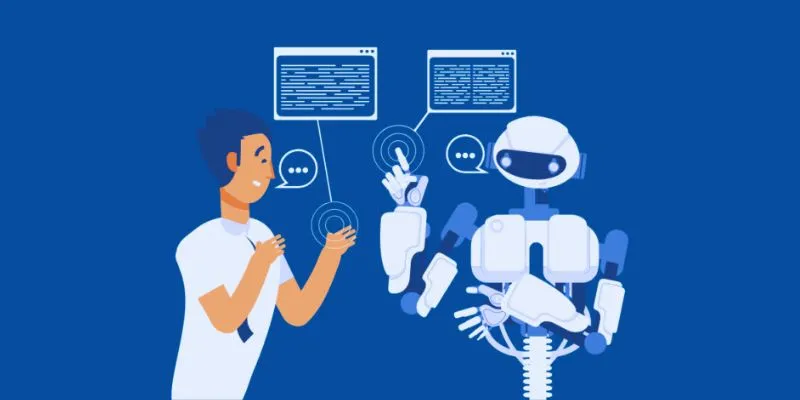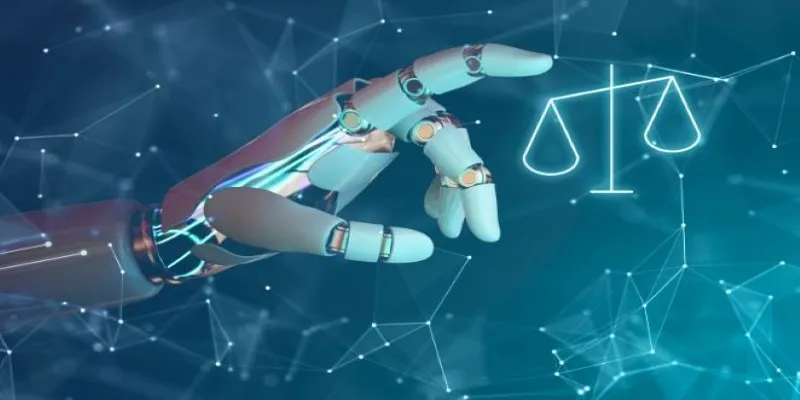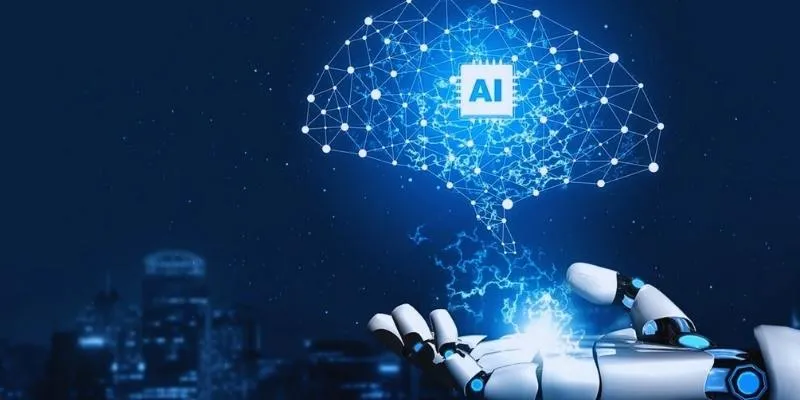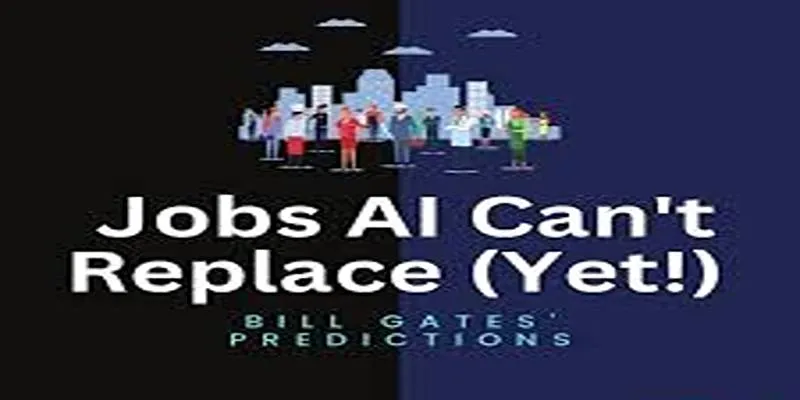Artificial Intelligence (AI) has become a pivotal force across nearly every industry. From healthcare to finance, automation is redefining professional operations. The sales industry is no exception. As AI tools continue to advance, the question arises: can AI replace salespeople, or will it simply enhance the way sales teams function? This post explores how AI is currently utilized in sales, what it excels at compared to humans, its limitations, and why human sales professionals remain indispensable despite technological advancements.
How AI Is Already Transforming Sales
AI is already integrated into numerous sales processes, often unbeknownst to customers. Companies worldwide leverage AI to enhance communication, streamline operations, and make data-driven decisions.
Common applications of AI in sales include:
- Lead scoring and prioritization
- Predictive analytics for forecasting future sales
- Automating follow-up emails and scheduling
- Personalizing product recommendations
- Providing chat support through AI-powered bots
These capabilities save time and minimize manual errors, allowing sales teams to focus more on building relationships and less on administrative tasks.
Advantages of Using AI in Sales
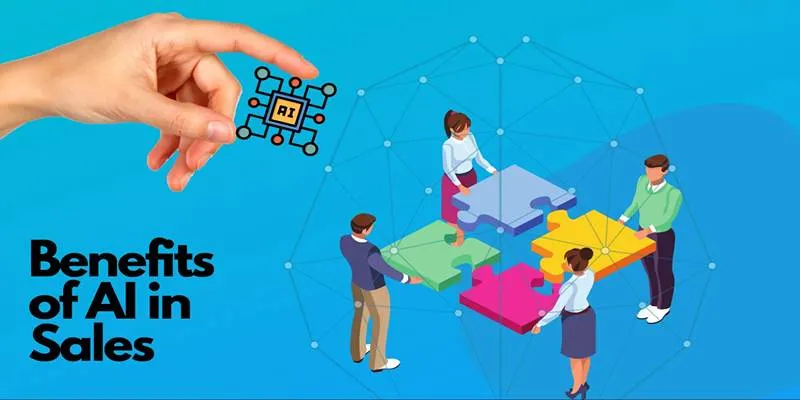
When applied correctly, AI offers significant advantages to sales departments. Businesses adopting AI-driven solutions report increased efficiency, improved lead conversion rates, and enhanced customer engagement.
Some of the most notable benefits include:
- Speed and Scale: AI can process large data volumes in seconds, identifying patterns that would take humans hours or days to uncover.
- Personalization: AI customizes messages, product suggestions, and timing for each customer based on behavioral data.
- Consistency: Unlike humans, AI consistently follows up, logs data, and analyzes every lead.
- Cost Savings: Automating repetitive tasks reduces staffing costs and enhances return on investment.
- Data-Driven Decisions: AI eliminates guesswork by providing reliable insights based on real-time data.
In essence, AI boosts operational efficiency while facilitating smarter decisions throughout the sales funnel.
The Limitations of AI in Replacing Salespeople
While AI brings automation and intelligence, it still lacks the depth of human interaction necessary in many sales scenarios. Selling involves emotions, trust, and negotiation—elements deeply rooted in human characteristics.
AI struggles to replicate the following:
- Emotional Intelligence: AI cannot read body language, understand complex emotions, or respond with genuine empathy.
- Nuanced Conversations: Sales discussions often involve unique objections or concerns requiring critical thinking and real-time adjustments.
- Trust Building: Customers often prefer buying from trusted individuals, especially in high-ticket or B2B sales. AI cannot form personal bonds or long-term relationships.
- Creativity in Problem-Solving: Human salespeople offer creative solutions for specific issues, while AI follows predefined patterns.
These limitations indicate that while AI can support sales functions, it cannot replace the core human elements essential for successful deals.
Where AI Works Best in Sales Teams
AI serves as an effective sales enablement tool, complementing rather than replacing human effort by managing background tasks.
Examples of where AI excels include:
- Automating CRM Updates: AI records calls, captures emails, and updates databases without manual input.
- Scheduling Meetings: AI assistants coordinate calendars and send invites.
- Lead Qualification: AI identifies leads most likely to convert based on historical data.
- Customer Support: AI chatbots handle basic inquiries, allowing human reps to address more complex issues.
- Performance Analytics: AI provides dashboards and insights into team performance and deal pipelines.
In these areas, AI empowers sales professionals to focus on high-value conversations and closing deals rather than repetitive tasks.
Human Sales Skills Still Matter — A Lot

Despite AI’s automation and data analysis capabilities, certain human skills remain irreplaceable in sales.
Salespeople add value through:
- Active Listening: Understanding a client’s needs extends beyond data. It involves listening and asking the right questions.
- Adaptability: Sales strategies often require on-the-spot adjustments. AI is rule-based and not designed for improvisation.
- Negotiation Skills: Closing deals involves back-and-forth discussions requiring empathy, persuasion, and flexibility.
- Relationship Management: Repeat business depends on ongoing relationships, which only humans can authentically foster.
These human traits are why clients often say, “I liked the salesperson, so I bought the product.”
Will AI Replace Sales Jobs or Redefine Them?
AI will not eliminate sales jobs , but it will alter their nature. Similar to past technological shifts, AI is transforming sales roles rather than eradicating them.
Industry research indicates that companies using AI in sales are not reducing staff. Instead, they are retraining employees to collaborate with AI tools.
New roles are emerging, such as:
- AI Sales Strategists
- Sales Data Analysts
- Customer Journey Designers
- Revenue Operations Specialists
These roles require knowledge of both sales and AI tools, combining the strengths of humans and machines.
Conclusion
In conclusion, while AI has revolutionized many aspects of the sales process, it cannot entirely replace human salespeople. AI excels at handling repetitive tasks, analyzing data, and enhancing efficiency, but it lacks the emotional intelligence and adaptability required for human interactions. Sales is more than automation—it’s about trust, empathy, and personalized communication. Customers still value human connections, especially in complex or high-value transactions. Instead of viewing AI as a threat, sales professionals should see it as a powerful tool. By combining technology with human strengths, businesses can achieve superior results. The future of sales lies in collaboration, not replacement.
 zfn9
zfn9









